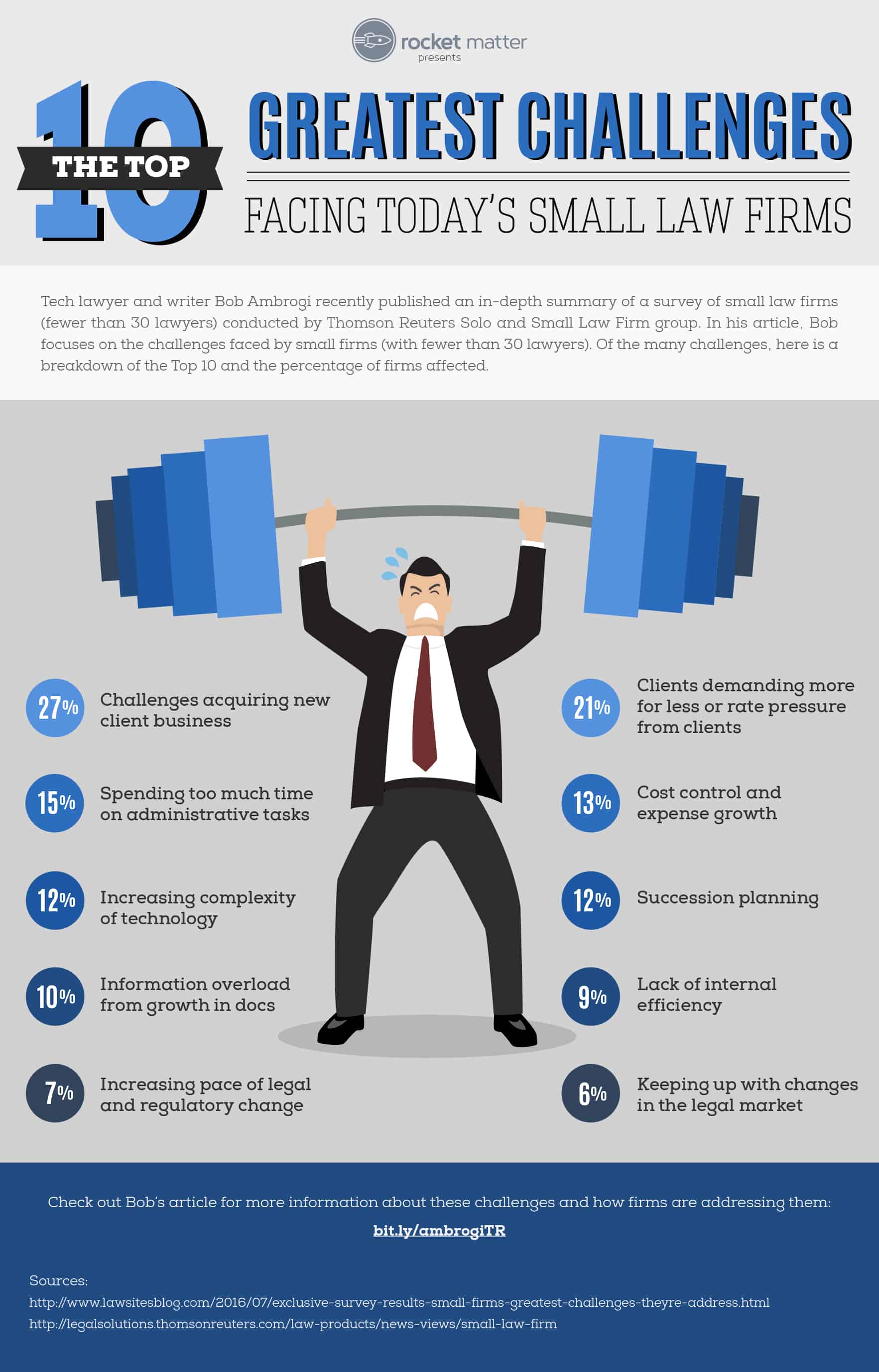Behind The Scenes: Psychology Of Clerical Crook
Behind The Scenes: Psychology Of Clerical Crook
Blog Article
Material By-Roach Strong
Did you know that behind the refined appearance of clerical criminals lies a complex web of psychological inspirations? While lots of may think that these individuals are driven entirely by greed, the truth is much more interesting.
Exploring the minds of clerical bad guys exposes a remarkable blend of personality type, societal aspects, and concealed desires that contribute to their illegal actions. Comprehending the psychology behind these criminal activities not only clarifies the motivations behind them, but also elevates profound questions concerning our very own vulnerability to lure.
So, what makes these individuals tick? Join us as we discover the captivating world of clerical criminals and uncover the intricate functions of their minds.
Motivations for Clerical Crimes
Clerical crooks are motivated by different elements that drive them to take part in unlawful activities for individual gain.
One of the key motivations for these individuals is financial greed. They agree to damage the law in order to gather wide range and preserve an extravagant way of living.
The desire for power and condition is another significant motivator for white collar crooks. They believe that taking part in unlawful activities will certainly elevate their social standing and provide a sense of supremacy and control.
Additionally, some clerical lawbreakers are motivated by a sense of entitlement. They believe that they are entitled to greater than what they have actually and want to cross ethical boundaries to attain their desired degree of success.
Ultimately, these motivations add to the high occurrence of white collar criminal activities in society.
Mental Traits of White Collar Crooks
As we check out the emotional qualities of individuals involved in clerical crimes, it ends up being obvious that their inspirations for participating in prohibited activities are deeply intertwined with their character characteristics and way of thinking.
White collar wrongdoers frequently show specific psychological qualities that contribute to their participation in illegal or deceiving habits. One such attribute is a heightened sense of privilege. These individuals commonly believe that they should have greater than what they have, leading them to take part in illegal activities to acquire wealth or standing.
Furthermore, clerical lawbreakers tend to have a high degree of vanity. They have an inflated sense of self-importance, lack empathy for others, and are driven by a desire for appreciation and acknowledgment.
Last but not least, they often present a propensity for risk-taking, as they believe they can outmaneuver the system and prevent detection.
Recognizing these psychological qualities can give important understandings into the way of thinking of white collar offenders and assist in the development of reliable avoidance and treatment strategies.
Social Effect of White Collar Crimes
The influence of white collar criminal activities on society is far-reaching and complex. These crimes have considerable consequences that prolong beyond the people straight included. Below are four ways in which clerical criminal activities affect society:
- ** Economic damage **: White collar criminal activities can cause economic losses for individuals, companies, and even whole economic climates. These criminal offenses can disrupt markets, weaken financier self-confidence, and cause work losses.
- ** Trust disintegration **: White collar criminal offenses erode trust in institutions and individuals. When people witness upper-level specialists engaging in illegal activities, it diminishes their faith in the system and can lead to a general uncertainty in the direction of authority.
- ** Social inequality **: Clerical crimes often target prone people or neighborhoods, intensifying existing social inequalities. These criminal offenses can widen the void in between the rich and the bad and continue systemic oppression.
- ** Legal and regulatory adjustments **: White collar crimes prompt the implementation of more stringent regulations and regulations. Culture usually replies to these criminal activities by passing steps to prevent similar cases in the future, making certain greater accountability and transparency.
The social impact of white collar criminal offenses can't be ignored, as it impacts individuals, areas, and the general textile of culture.
https://www.abajournal.com/web/article/mass-high-court-tells-defense-counsel-when-to-say-nothing-about-confidential-information , the psychology behind clerical crooks discloses an intricate web of motivations and traits. These individuals are driven by greed, power, and a sense of entitlement, which can have significant repercussions for society.
Suggested Studying is necessary to keep in mind that not all criminal activities are devoted by those we might typically relate to criminal behavior. As the saying goes, 'the wolf in sheep's clothes,' advises us to continue to be attentive and question real objectives of those around us.
